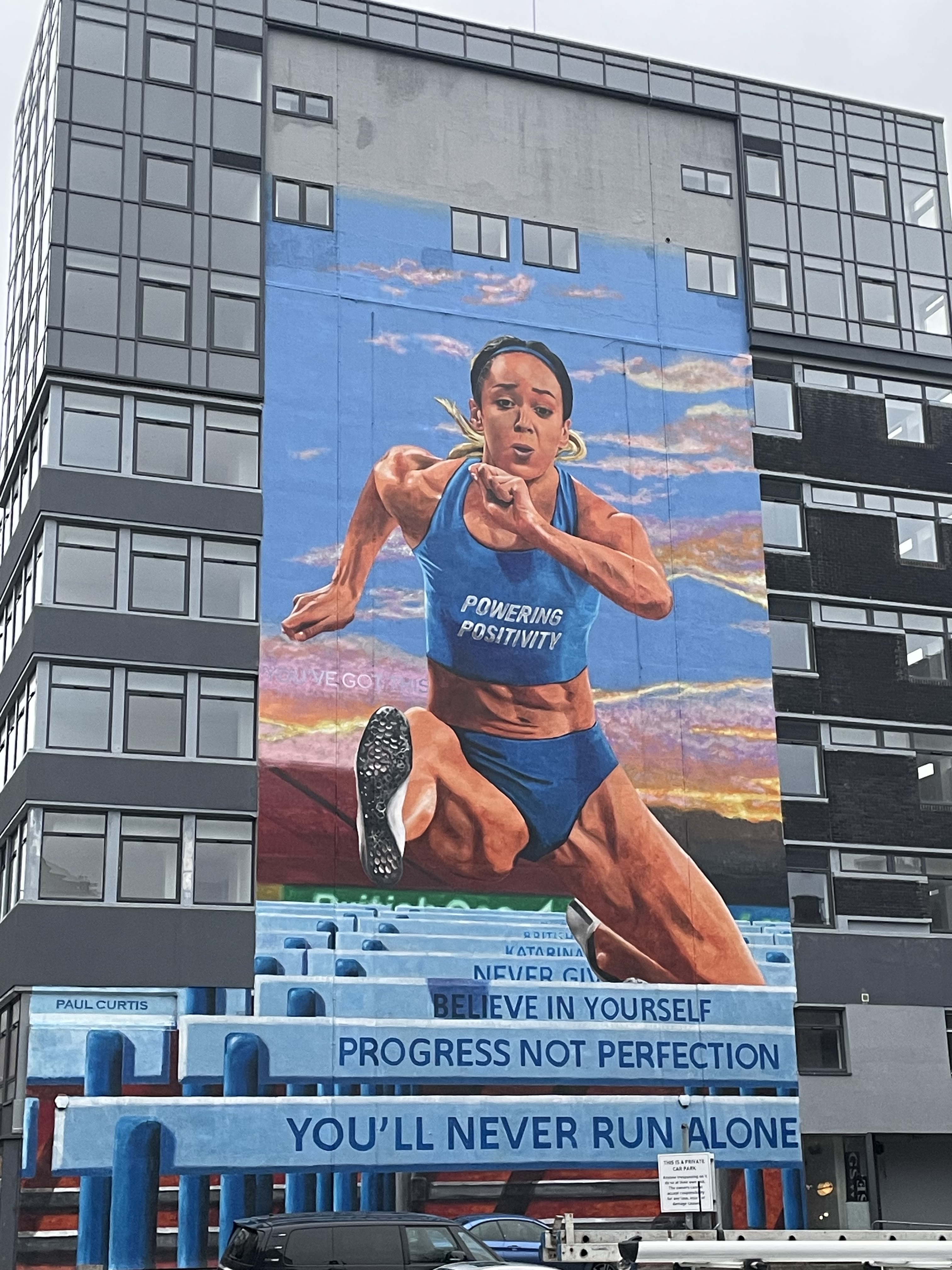

Pogo Presents at UK Stroke Forum 2025
Zoe Strong writes about her experience at this year's UK Stroke Forum, where she chaired a fringe session about our Life After Stroke project.

Last week I was lucky enough to be in Liverpool for the UK Stroke Forum 2024. This was my first conference after returning from maternity leave and the first time I’d juggled presenting, networking and childcare. However, with several large coffees, anything is possible. Liverpool is always a great place to be and this year’s UKSF had a definite energy and purpose about it.
Delegates came from across the UK and Ireland and included healthcare workers, scientists, charity workers, commercial organisations and stroke survivors. It was a great opportunity to listen to people from different sectors and to bring our unique perspectives together to attempt to answers some of today’s biggest questions: How should the new NHS budget be spent; What are the opportunities for innovation in stroke care; How can we improve care for not only patients but also their families and communities (especially those in hard to reach groups); How can we communicate more effectively post discharge?
Two years previously I’d chaired a session with Professor Martin Dennis and Dr Suzanne Ragab, who’d been piloting our platform Tailored Talks within NHS Wessex. Whilst the platform had been helpful on the stroke ward, an area of care which wasn’t being addressed was the gap in provision and continuity between hospital (acute and sub-acute care) and home/ community post discharge care, either through the NHS or supporting charities. At the time, I remember saying that we were exploring how we could create an integrated digital pathway, linking hospital and community care. It was brilliant to be back in Liverpool and able to say “That’s exactly what we’ve done”.
Whilst developing our Life After Stroke pathway has taken longer than anticipated, as a co-worker recently said to me, “anything that’s really worthwhile takes time”. We are yet to see the full results and evaluation of our pilot. However, Joanne Graham from Chest Heart & Stroke Scotland (CHSS) was able to share the strategic thinking behind the project and Dr Charlie Chung discussed our evaluation plans and a few promising results so far. Finally - and most importantly - Erin Crolla, a Senior Physiotherapist from Edinburgh Royal Infirmary, was there to explain how the pathway was working on the ground with patients and families. Despite many communication challenges (including digital) faced by people post stroke; 40% of patients discharged have been accessing and hopefully gaining value from Tailored Talks, which is significant.
Liverpool is such a creative city - whilst exploring I saw a great mural “Powering Positivity - Progress not perfection – You’ll never run alone”. So many people have contributed to the Life After Stroke pathway and it was so good to be part of a cross-organisational team (public, private, and third-sector), pooling resources, knowledge and ideas to make real, long-term change.
We’ll look forward to reporting back next year!
If you enjoyed the fringe session and would like to get in touch, please send us a message at: info@pogodigitalhealth.com